How to use Russian verbs of motion

In the Russian language, there are many verbs of motion. All fall into two types. For example, “walk” can be both 'идти' or 'ходить', depending on the context and situation. To use verbs of motion in conversation, you must know how to tell one type from the other.
PART I: The two types of verbs of motion
The most common five pairs of verbs of motion are:
ИДТИ-ХОДИТЬ (walk, or go)
ЕХАТЬ-ЕЗДИТЬ (ride)
БЕЖАТЬ-БЕГАТЬ (run)
ЛЕТЕТЬ-ЛЕТАТЬ (fly)
ПЛЫТЬ-ПЛАВАТЬ (swim)
We’ll look at how to use the two types of these verbs, using ИДТИ-ХОДИТЬ (walk, or go) as an example.
Present Tense
There are two parameters for choosing the right verb.
1. Frequency (whether the action is taken once or regularly)
Я иду в магазин – I am going to the shop (now, once).

Я хожу в тренажерный зал два раза в неделю – I go to the gym twice a week (as a rule, regularly).

2. Direction (whether the motion is taken in one or in different directions)
Я иду по парку – I am walking through the park (probably passing through, one certain direction).

Я хожу по парку – I am walking around the park (just chillin’, walking in different directions).
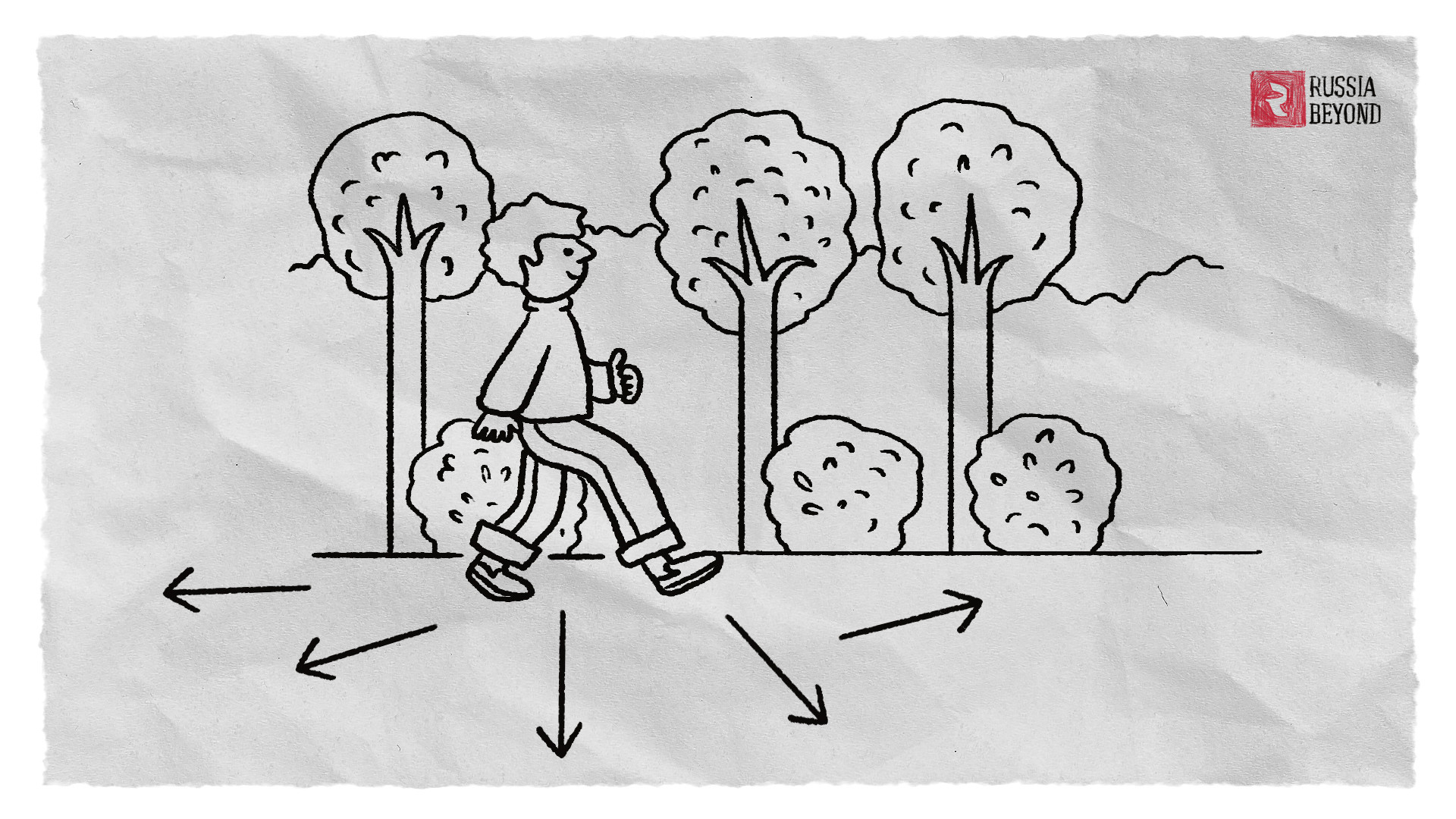
Past Tense and Future Tense work just like the Present. Here are the examples.
Past Tense
1. Frequency
Когда шел в магазин, я встретил друга – When I went to the shop, I met a friend (once, at a certain moment in the past).
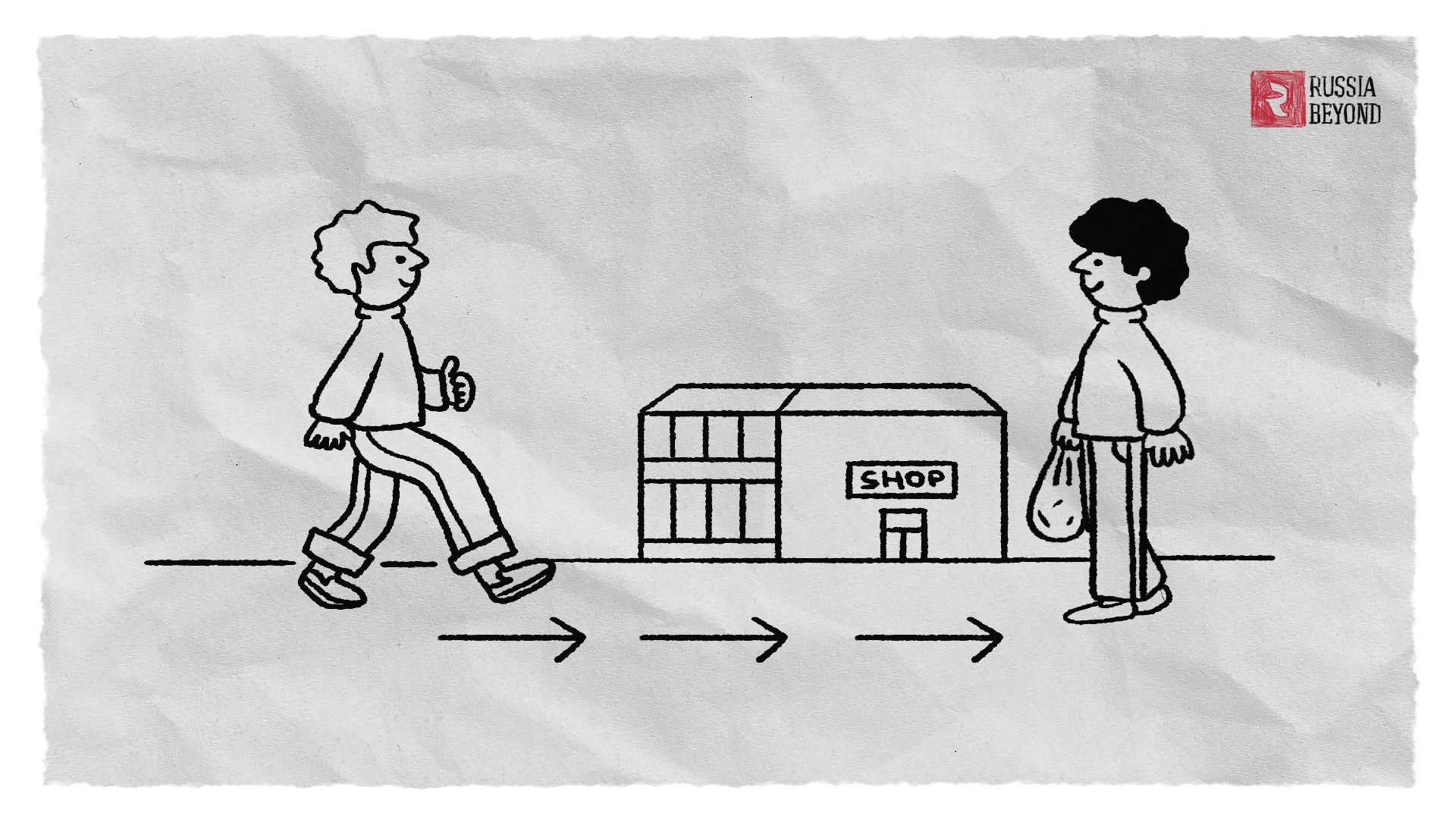
Когда я был студентом, я ходил в тренажерный зал – When I was a student, I went to the gym (regularly in the past).
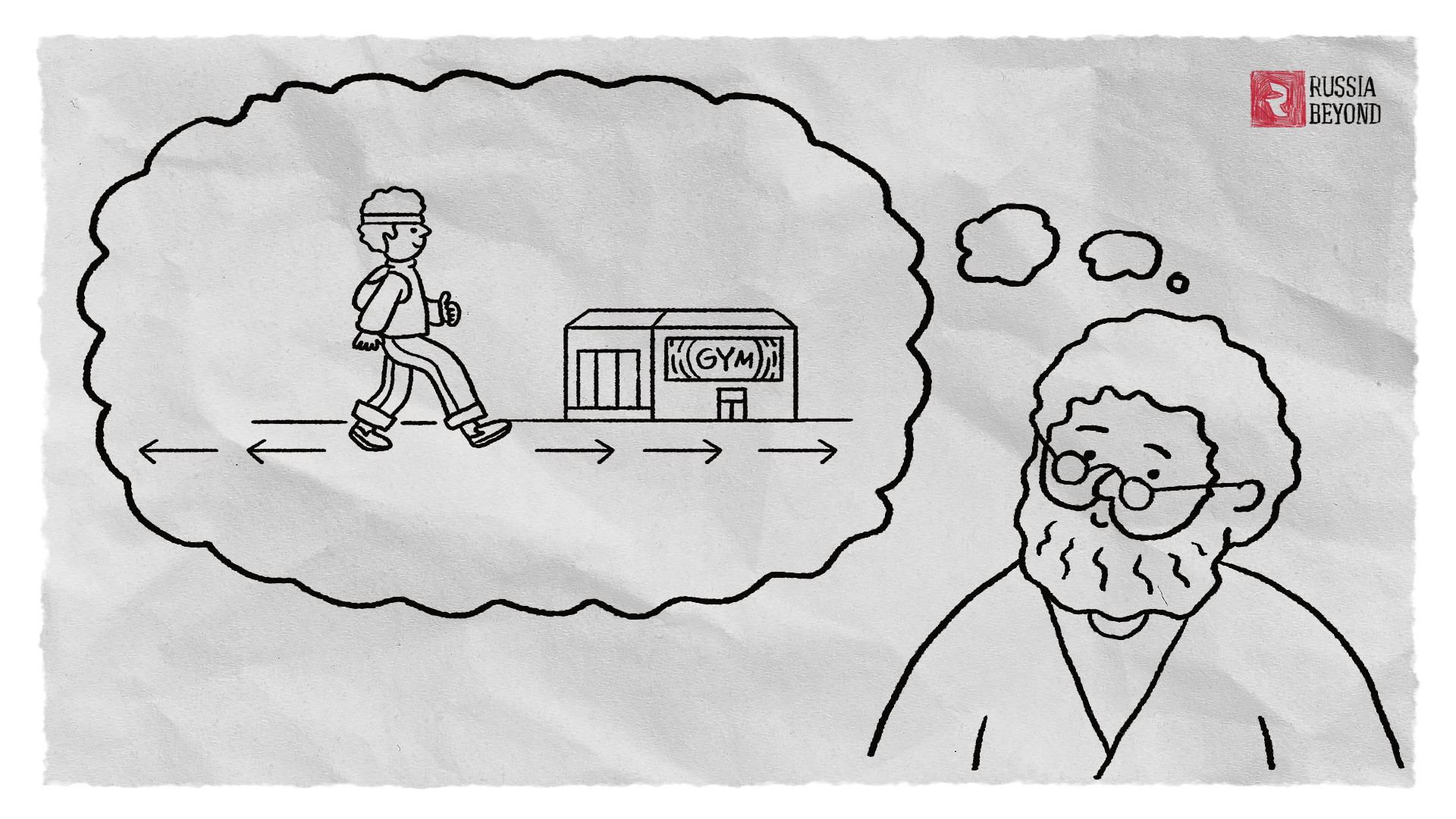
2. Direction
Когда я вчера шел по парку, мне позвонила бывшая – My ex called me while I was walking through the park yesterday.
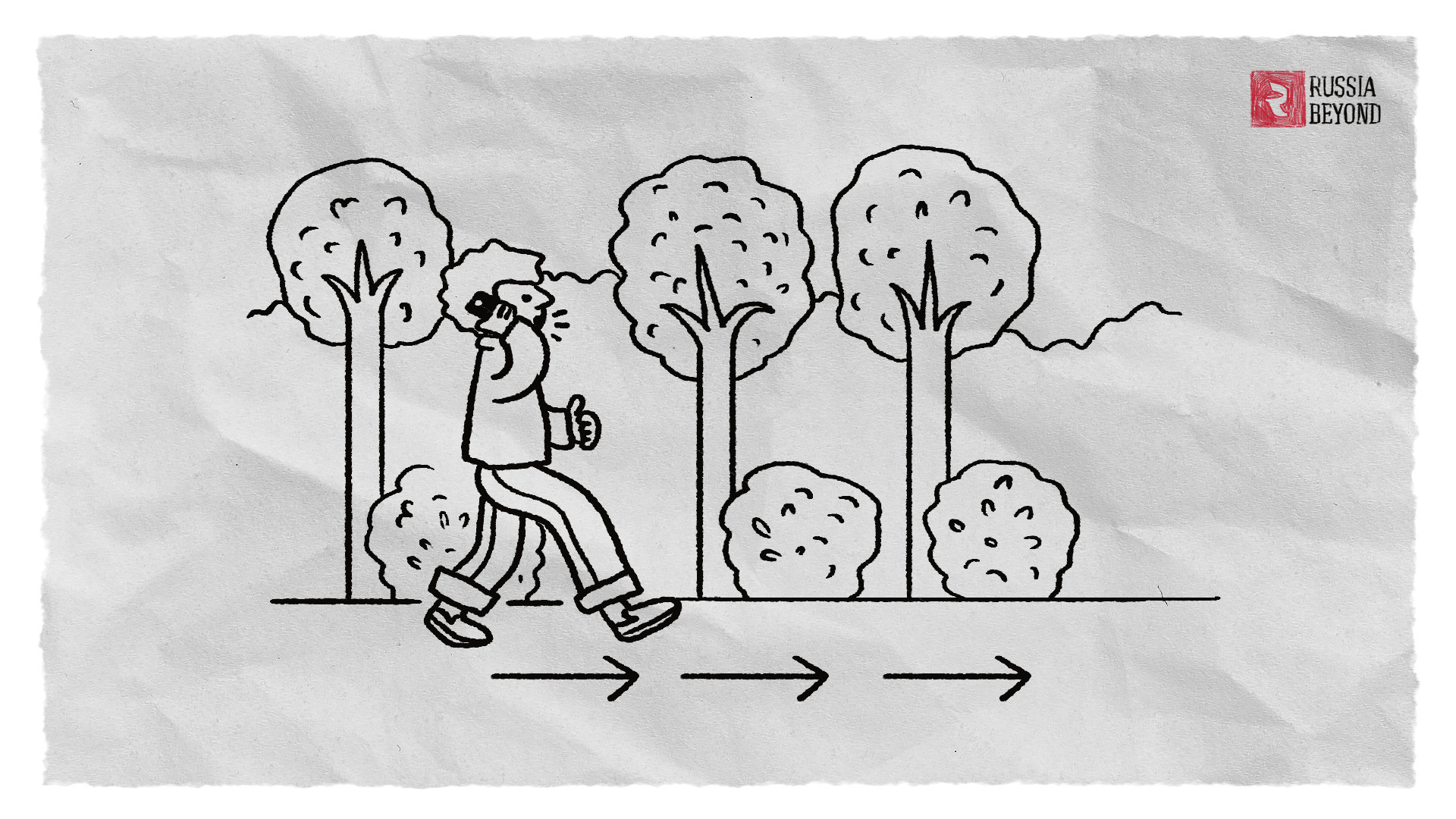
Потом я ходил по парку два часа и с ней разговаривал – I’ve been walking around the park for two hours talking to her.
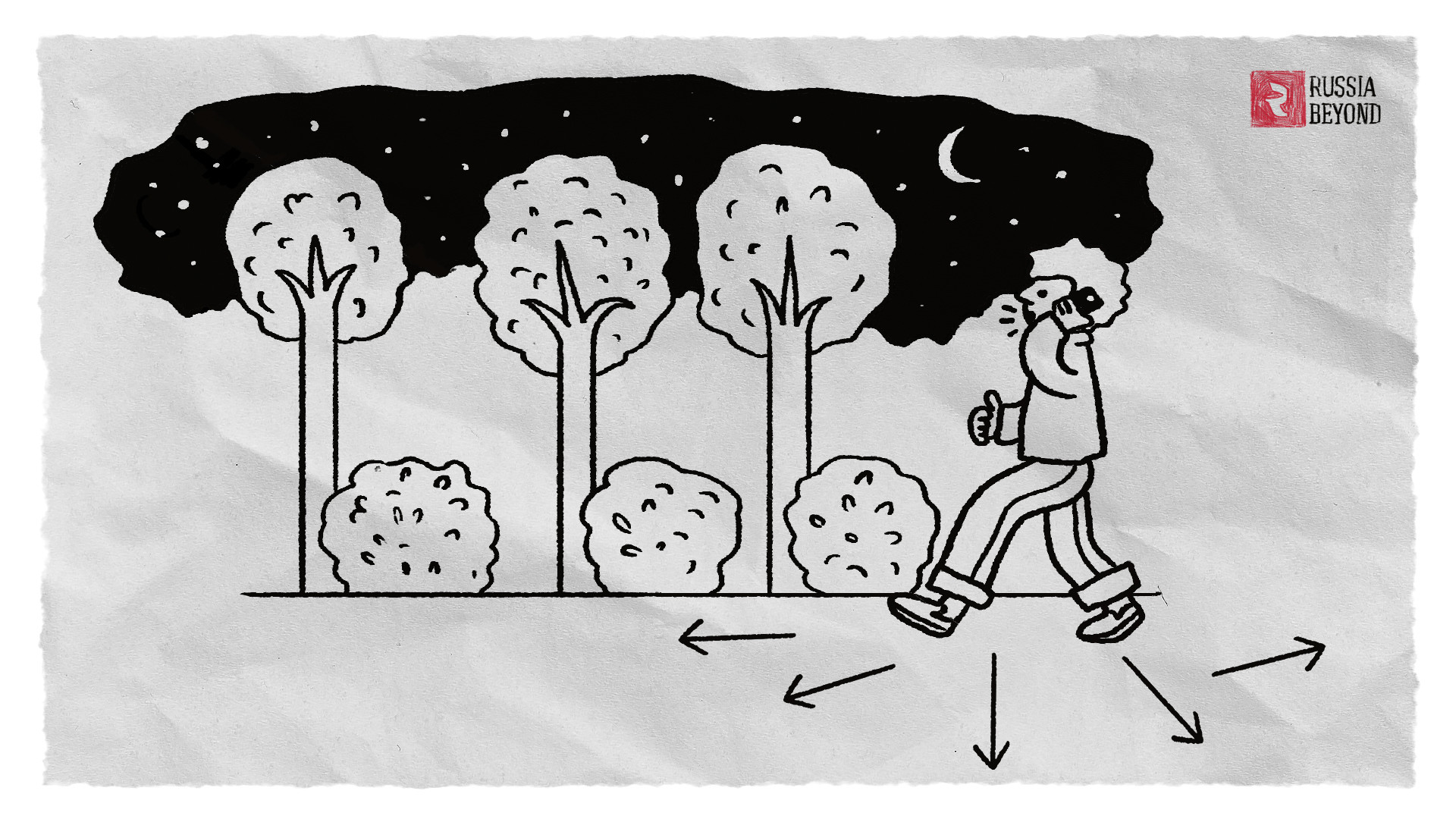
ATTENTION: If you want to say you’ve been to a place (e.g. "I was at the museum yesterday"), you must use the verb in its second type: “ходил”.
Вчера я ходил в музей – Yesterday, I went to the museum.
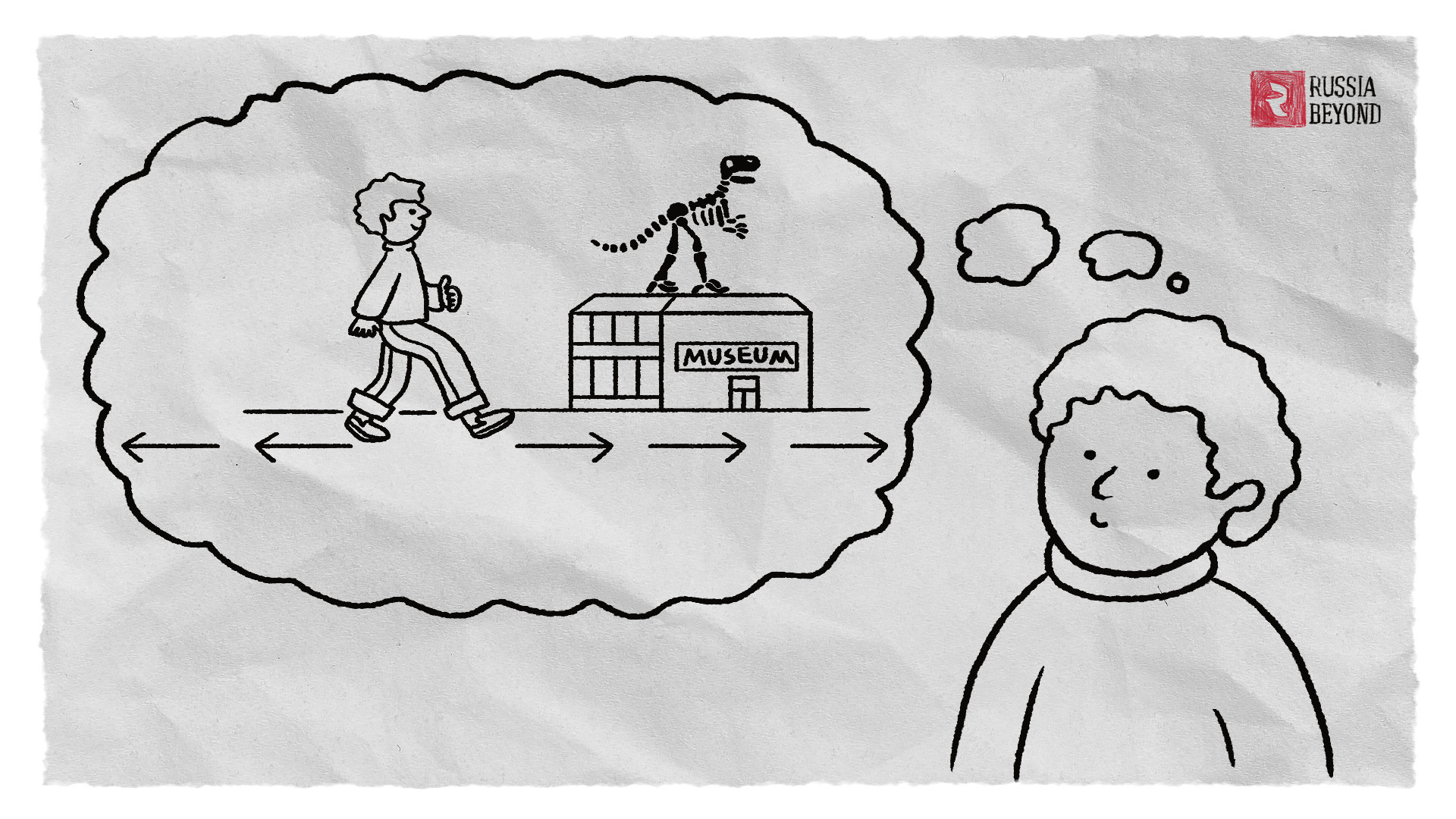
Future Tense
1. Frequency
Когда я буду идти в магазин, я тебе позвоню – I’ll call you when I’m walking to the shop (at a certain moment in the future).
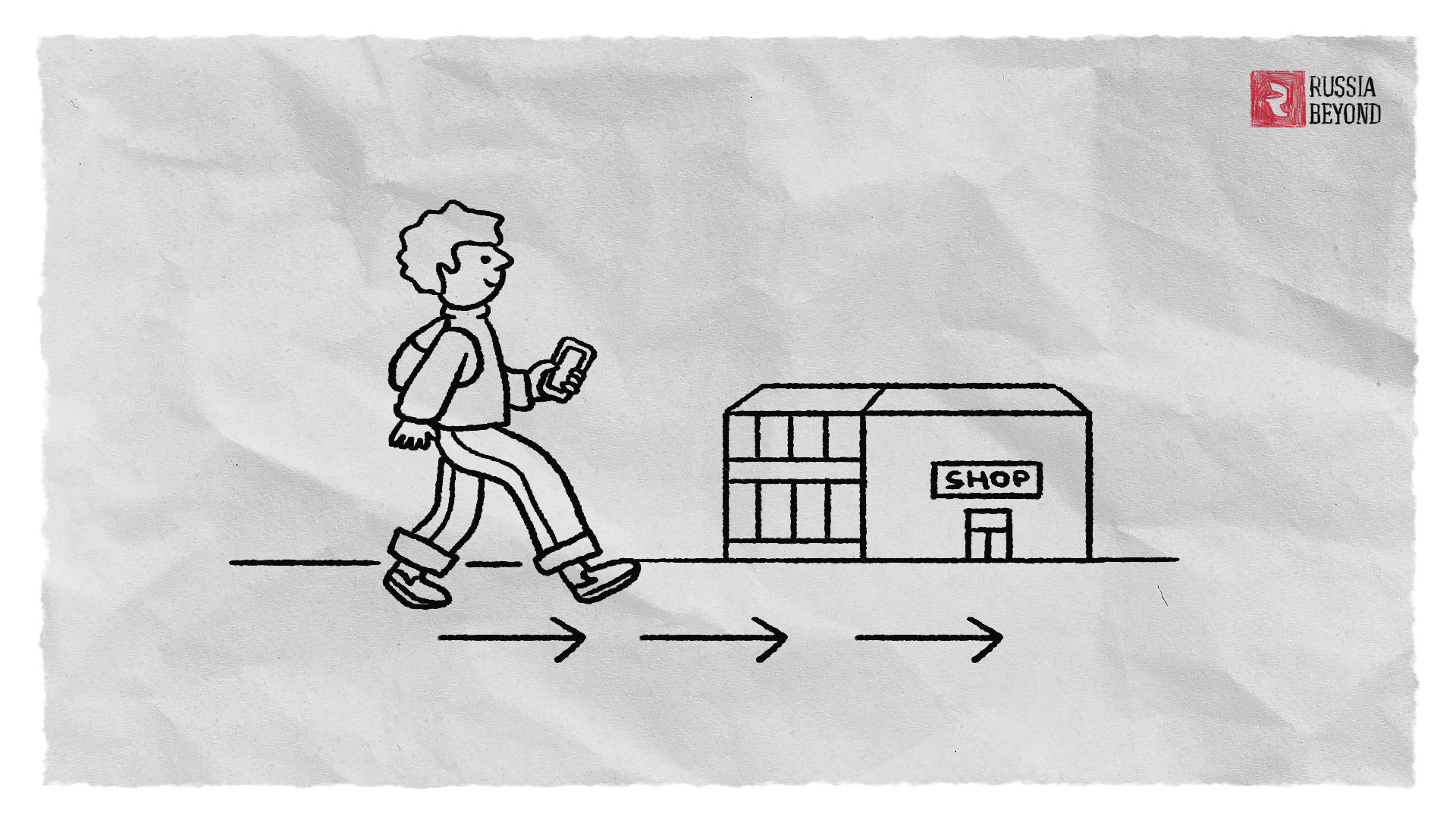
Я буду ходить в тренажерный зал со следующего месяца – I’m starting the gym next month (in the future, I will be performing a regular action).
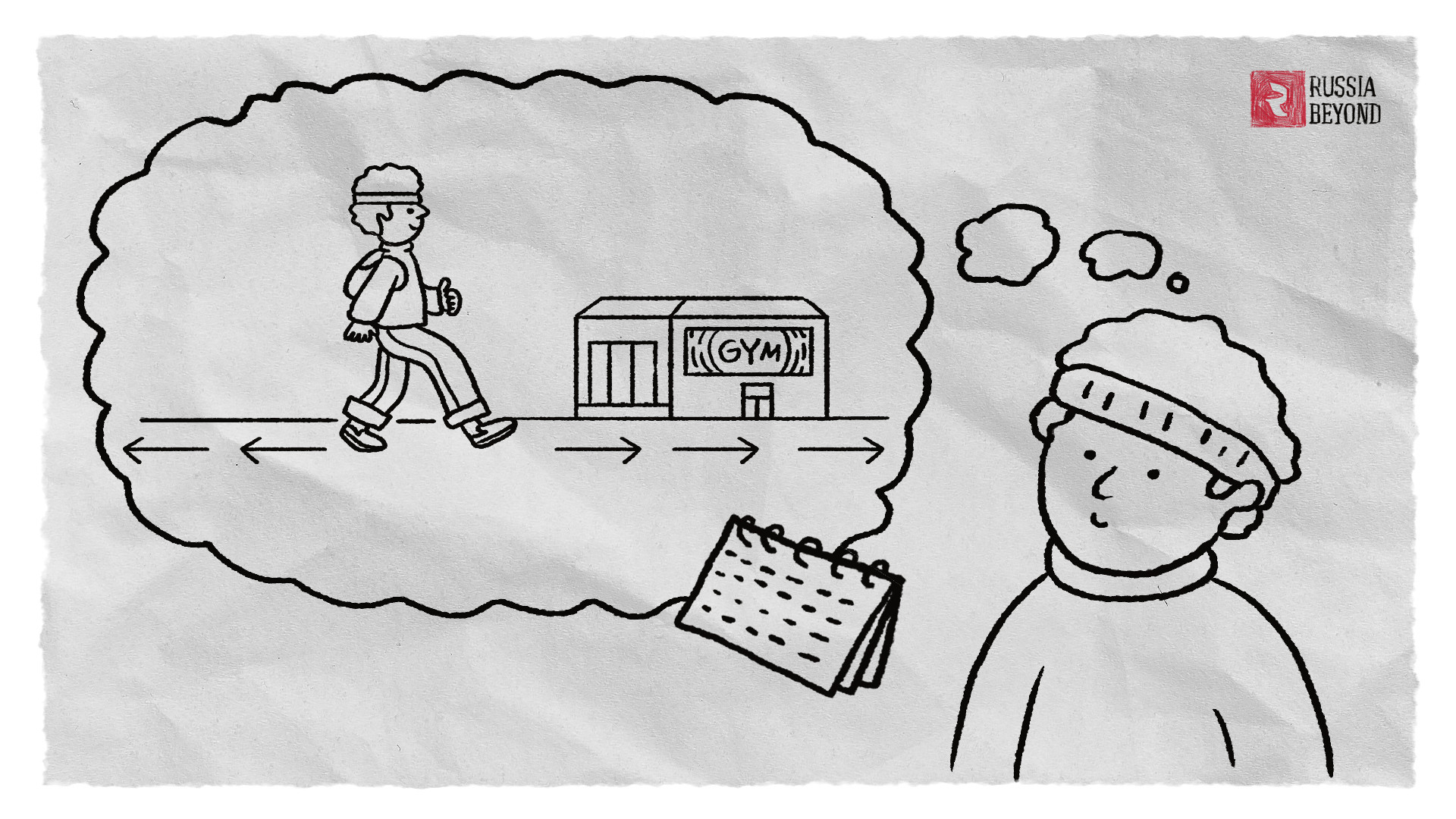
2. Direction
Завтра по дороге к вокзалу я буду идти через парк – I’ll be walking through the park tomorrow en route to the station.

Завтра я буду просто ходить по городу – I’ll be just walking around the city tomorrow.

ATTENTION: Just like in English, we can use Present Tense when we’re talking about the near future:
Сегодня я иду в ресторан – Today, I’m going to the restaurant.

All these rules apply for all five pairs of verbs we mentioned in the beginning.
PART II: Two translations of the verb “go” in Russian: ИДТИ and ЕХАТЬ
In the Russian language, the verb “go” can be expressed with two pairs of verbs: идти-ходить (walk) and ехать-ездить (ride). What’s the difference?
ЕХАТЬ-ЕЗДИТЬ – always for going by something, e.g. a car or train or bicycle. If you are going to the museum and your commute includes any transport, you say:
Я еду в музей – (literally) I am riding to the museum.

ИДТИ-ХОДИТЬ is, first of all, to go on foot. For example, if you’re in a small town and you are going to visit the museum that is next street of you, you would say:
Я иду в музей – (literally) I am walking to the museum.
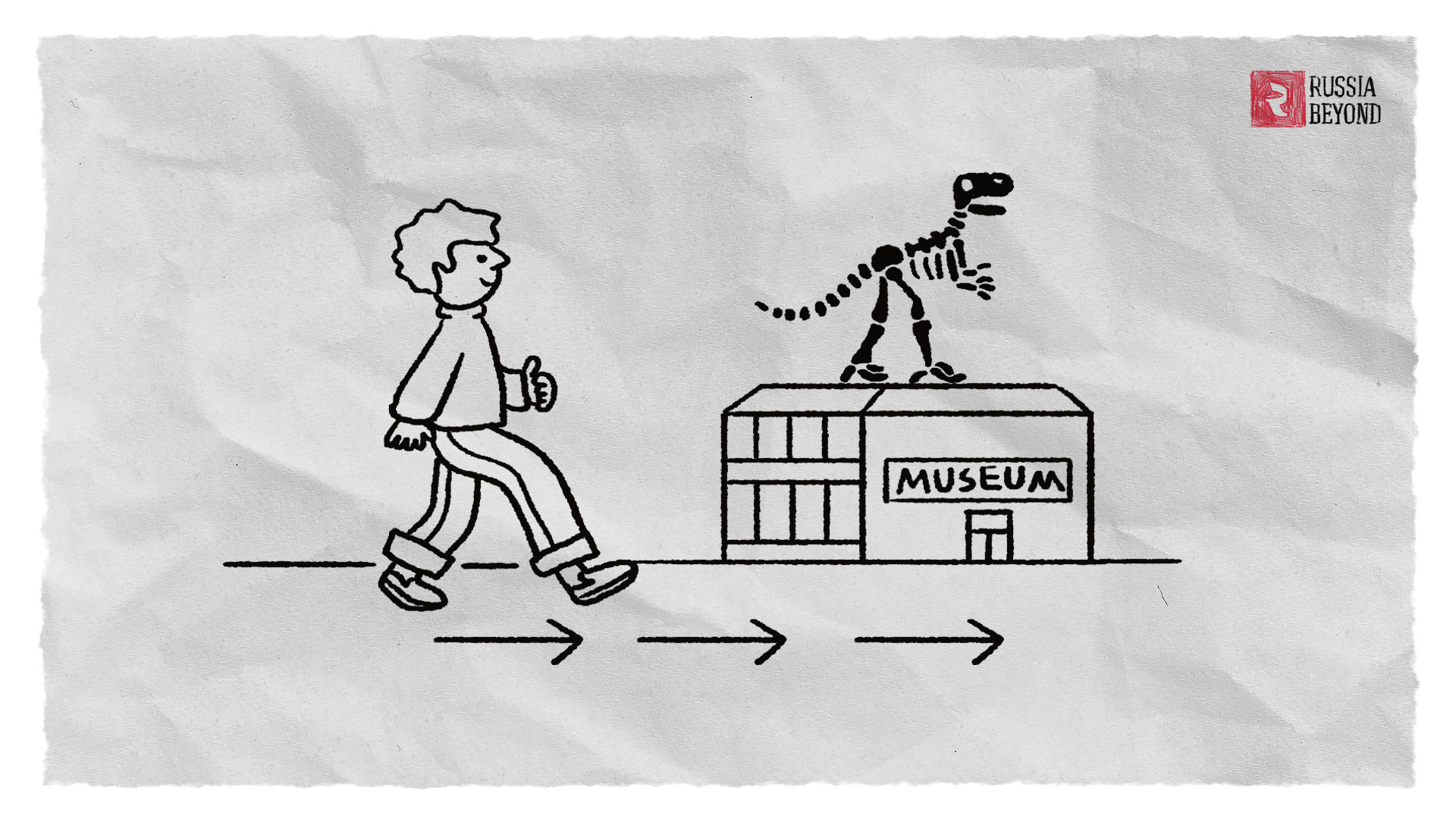
To mean “visiting the museum” or visiting any other specific location, you can also use ИДТИ-ХОДИТЬ in the usual meaning of “go” as “visiting”:
Завтра у меня много дел: я иду на работу, а потом в музей – Tomorrow, I have a lot to do. I’m going to work, and then to the museum.
This means the speaker’s commute may include different kinds of transportation, but he’s speaking about which places he’s going to visit. In such case, use the verbs ИДТИ-ХОДИТЬ, but: only if you are talking about things happening in one and the same town/city/village/place. If you are in Moscow and you say “Я иду в Петербург” this would mean you literally walk there. To say “I am going to St. Petersburg,” you must use the verb ЕХАТЬ-ЕЗДИТЬ: “Я еду в Петербург.”
Russia Beyond thanks linguist, language tutor at the Higher School of Economics in Moscow, Maria Kireeva, for consultation on this article.
If using any of Russia Beyond's content, partly or in full, always provide an active hyperlink to the original material.
Subscribe
to our newsletter!
Get the week's best stories straight to your inbox